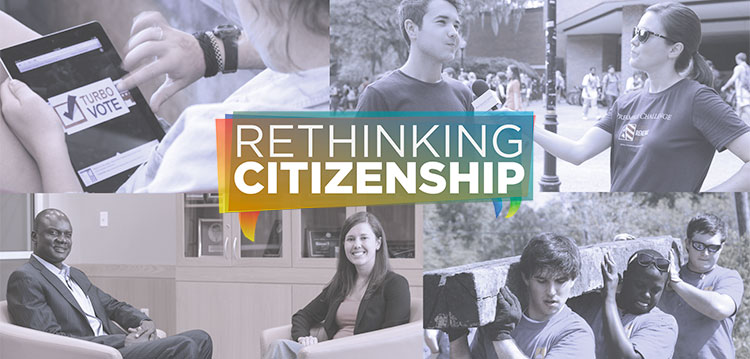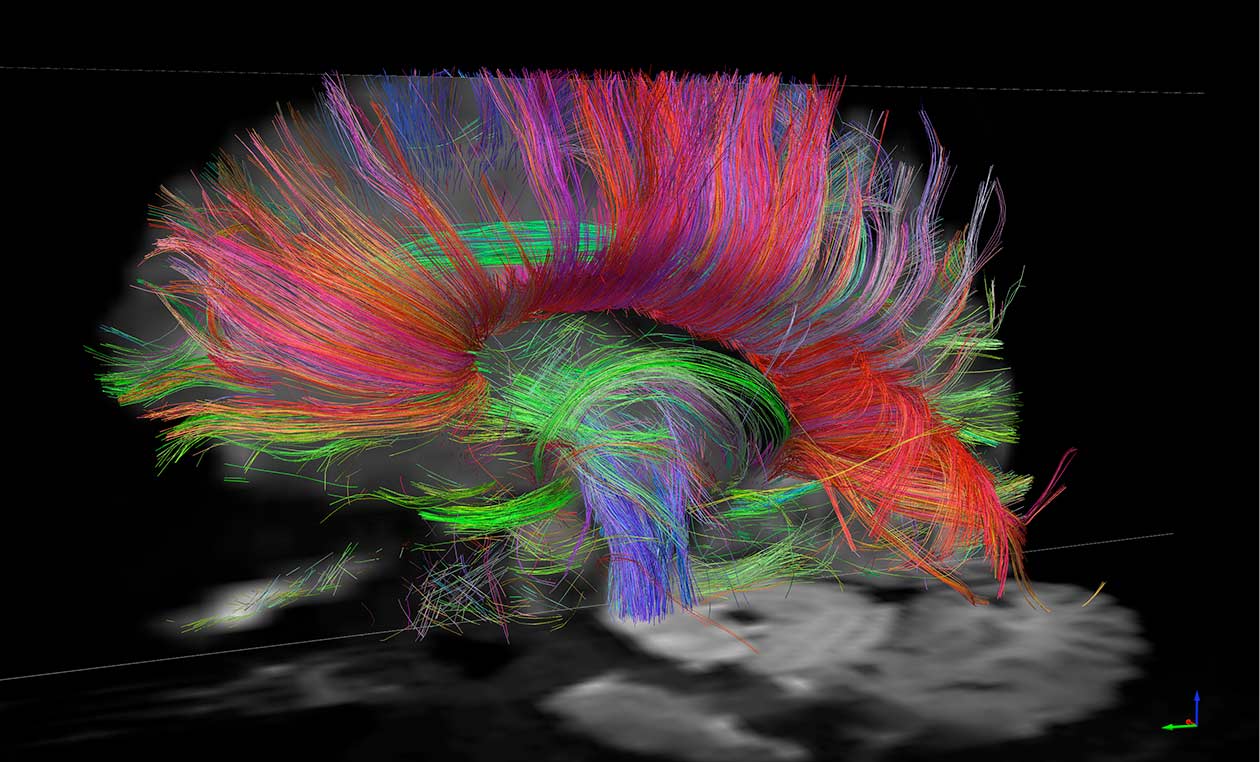Agricultural Ecology
This course introduces students to agricultural systems as ecosystems governed by the same ecological processes governing all natural systems. Students will learn about the ecological processes controlling soil-water-plant-atmosphere interactions as well as the capture and use of solar energy in the biosphere.








